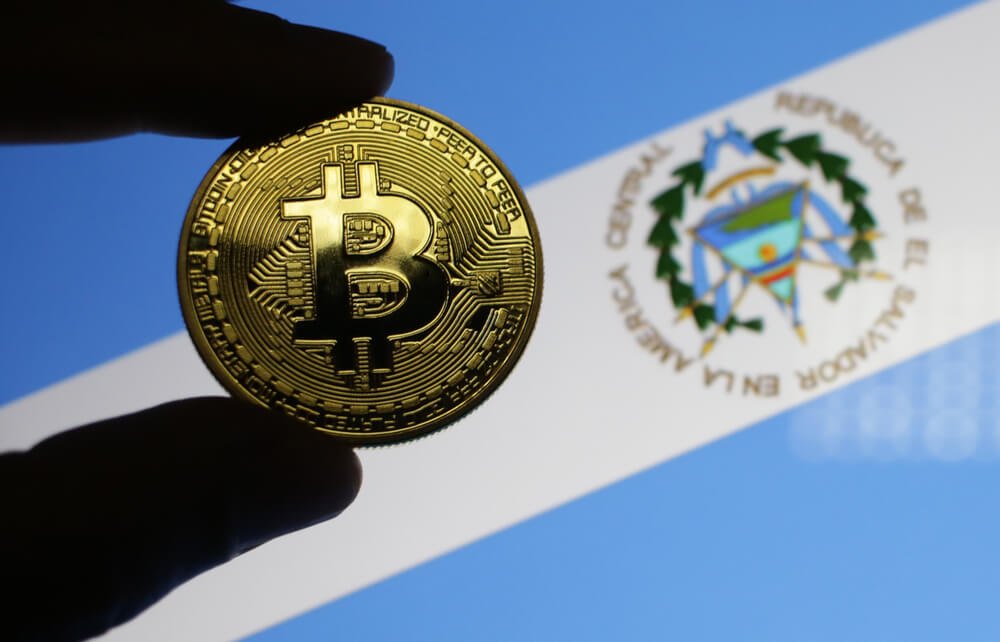El Zonte: The Bitcoin Testbed in El Salvador Making History
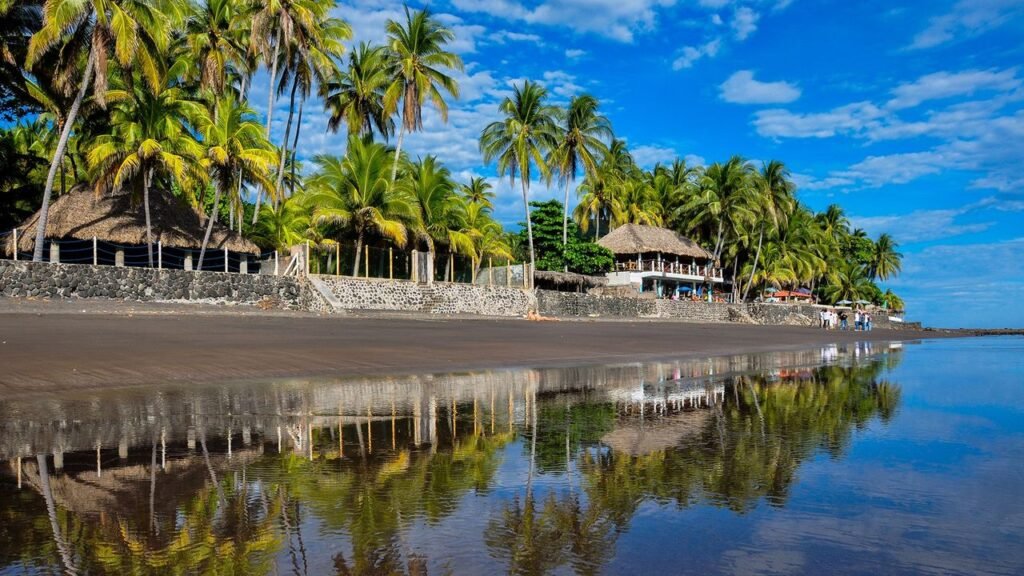
Nestled along El Salvador’s Pacific coastline lies a quiet surf town few would expect to be at the heart of a global digital revolution. El Zonte, once a humble fishing village, is now widely recognized as the leading Bitcoin testbed in El Salvador. This transformation began in 2019 with a grassroots initiative aimed at creating a self-sustaining, Bitcoin-based economy, turning the town into a pioneering model of cryptocurrency adoption.
Arriving in El Zonte: Entering El Salvador’s Bitcoin Testbed
The road to El Zonte is easily overlooked – a narrow path winding off the main highway, concealed by lush greenery and minimal signage. At the end of the lane lies a sleepy beach, where the sun casts golden hues over rolling waves. Surfers rest in hammocks, and local dogs cool themselves at the shore. It’s tranquil and picturesque, but underneath this calm exterior lies a social and financial experiment that is reshaping perceptions of both travel and economics.
From Fishing Village to Bitcoin Testbed in El Salvador
It seems unlikely that a town like El Zonte – with no bank branches and limited infrastructure – would become the launchpad for one of the world’s first Bitcoin economies. Yet, this remote coastal destination has become the Bitcoin testbed in El Salvador, showcasing how digital currencies can empower marginalized communities and foster inclusive financial systems.
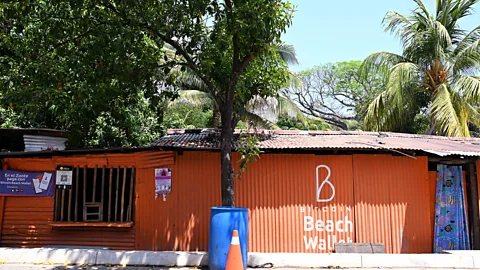
In 2019, local community leader Roman Martínez and American economist Mike Peterson spearheaded an initiative funded by an anonymous Bitcoin donation. The idea was simple: pay locals in Bitcoin for community service work like cleaning beaches and rivers. What started as a community clean-up drive evolved into an economic lifeline when the pandemic hit and jobs vanished.
Why El Salvador Was Ripe for a Bitcoin Testbed
El Salvador had unique financial conditions that made it ideal for such an experiment. Since adopting the US dollar in 2001, the country lacked a sovereign currency of its own. This meant Bitcoin wasn’t competing with an existing national currency. Additionally, more than 70% of Salvadorans were unbanked, lacking access to credit or digital payments.
“Bitcoin offered a decentralized payment network,” Peterson explained, “one that gave people access to electronic payments without needing a bank account.” As Bitcoin wallets became accessible via smartphones, even the poorest in the community could participate in digital commerce for the first time.
A Community Transformed
One of the early beneficiaries of this initiative was Brian Flores, a young man from a disadvantaged background. “All my childhood friends are either in prison or gone,” he shared at the Bitcoin Beach House, the project’s base of operations. Brian was introduced to Bitcoin in his teens and soon became a teacher in the community, educating others about crypto literacy. The initiative opened global doors for him — he has since traveled to Argentina, Spain, and the Czech Republic as a Bitcoin educator.
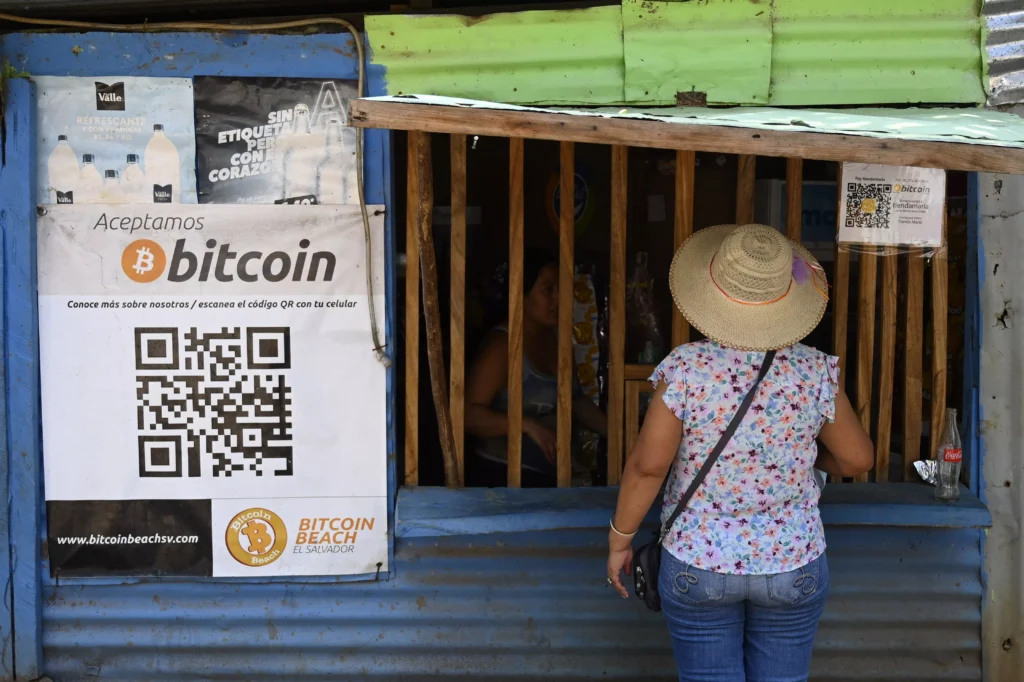
“Bitcoin Beach changed my life,” he said proudly. “It gave me purpose and showed me a new world beyond the fields we worked on.”
Tourists Explore the Bitcoin Testbed in El Salvador
Visitors to El Zonte now find themselves immersed in this experimental digital ecosystem. Instead of converting currency or worrying about ATM fees, tourists can simply download a Bitcoin wallet app, top it up, and start spending. The process is surprisingly seamless. At beachside bars, restaurants, and surf schools, QR codes make payments quick and efficient.
During my visit, I purchased two cold beers at a rustic beach bar using Bitcoin. The bartender, accustomed to such transactions, calmly brought out a payment device, tapped in the amount, and presented a QR code. Within seconds, the transaction was complete. This was not just a novelty — it was a glimpse into a functioning digital economy.
Bitcoin Becomes National Policy
El Zonte’s success as a Bitcoin testbed did not go unnoticed. In 2021, President Nayib Bukele made headlines by declaring Bitcoin as legal tender across El Salvador, citing El Zonte’s model as his inspiration. It was a bold move that positioned El Salvador as the first country to adopt cryptocurrency nationwide.
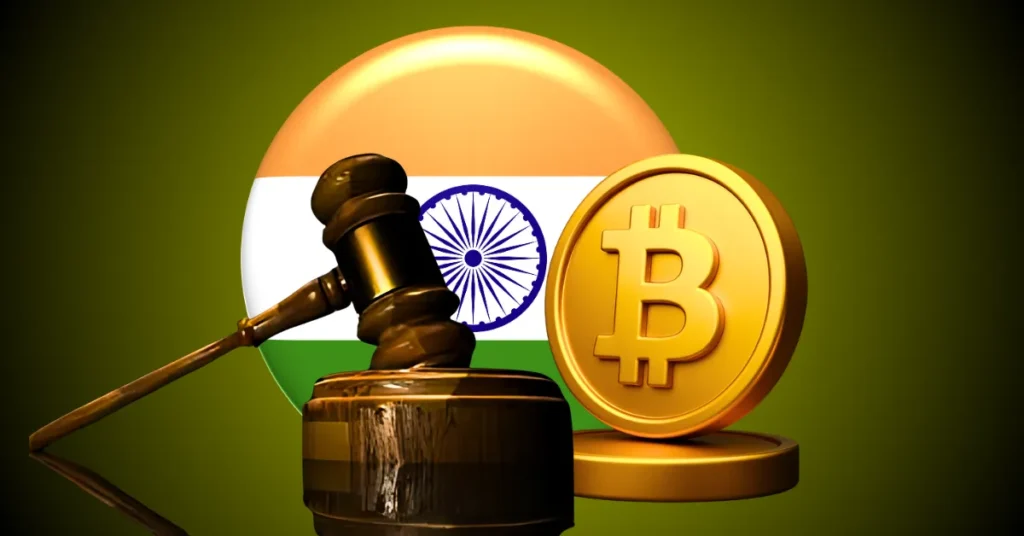
Now, citizens could pay for groceries, medical bills, fuel, and even taxes using Bitcoin. For tourists, this meant that everything from surf lessons to hotel rooms could be paid with crypto, avoiding exchange rate hassles entirely.
Global Spotlight and Controversy
The policy made international headlines and attracted praise and criticism in equal measure. Supporters saw it as a leap toward modernization, while global institutions like the IMF expressed concern. Under mounting pressure, the government eventually rolled back Bitcoin’s legal tender status in early 2025. However, the reversal did little to shake the crypto spirit in El Zonte.
Life Goes On in Bitcoin Beach
Despite the policy reversal, the Bitcoin testbed in El Salvador continues to thrive at the grassroots level. In El Zonte, Bitcoin remains widely accepted. Locals still receive wages in Bitcoin, tourists still use it to pay for goods and services, and new Bitcoin startups and projects continue to emerge. According to Peterson, the initiative has already inspired similar efforts in over 100 communities worldwide.
Bitcoin Branding and Local Businesses
Walk through El Zonte today, and Bitcoin is everywhere — from massive orange signs at surf shops to small stickers on food stalls. Restaurants like Nan Tal, which serves exquisite fusion dishes on the beach, see consistent Bitcoin payments. “Especially during peak season, lots of foreigners prefer to use crypto,” said one waitress as she scanned my wallet for a plate of crispy calamari and jalapeño aioli.
Hotels, including the trendy Beach on the Rocks, are increasingly Bitcoin-friendly. The owner, Omar, told me they host regular Bitcoin conventions and are in the process of integrating full Bitcoin payment for lodging.
Digital Currency Meets Surf Culture
Interestingly, not all tourists come to El Zonte for Bitcoin. I spoke to a German surfer who admitted he hadn’t used the currency yet. “I came here for the waves,” he said. But even his hotel accepted Bitcoin, showing how deeply embedded the cryptocurrency is in local commerce, regardless of tourists’ intentions.
Surging Tourism and Newfound Safety
El Salvador has seen an unprecedented tourism boom. According to recent UN Tourism data, international arrivals surged by 90% between early 2019 and 2024. Much of this growth is linked to the country’s efforts to reinvent itself.
President Bukele’s aggressive crackdown on gang violence — including the arrest of over 84,000 suspected affiliates — has been both applauded and criticized. While human rights organizations question the mass incarcerations, the U.S. State Department now lists El Salvador among the safest destinations in Central America.
El Zonte’s Role in National Transformation
El Zonte has become a powerful symbol of El Salvador’s attempt to rebrand itself. Once synonymous with violence and poverty, the country is now being recognized for digital innovation, financial inclusion, and eco-tourism. “Bitcoin made people curious,” Peterson reflected. “Even critical articles shared pictures of our beaches and talked about the warmth of our people.”
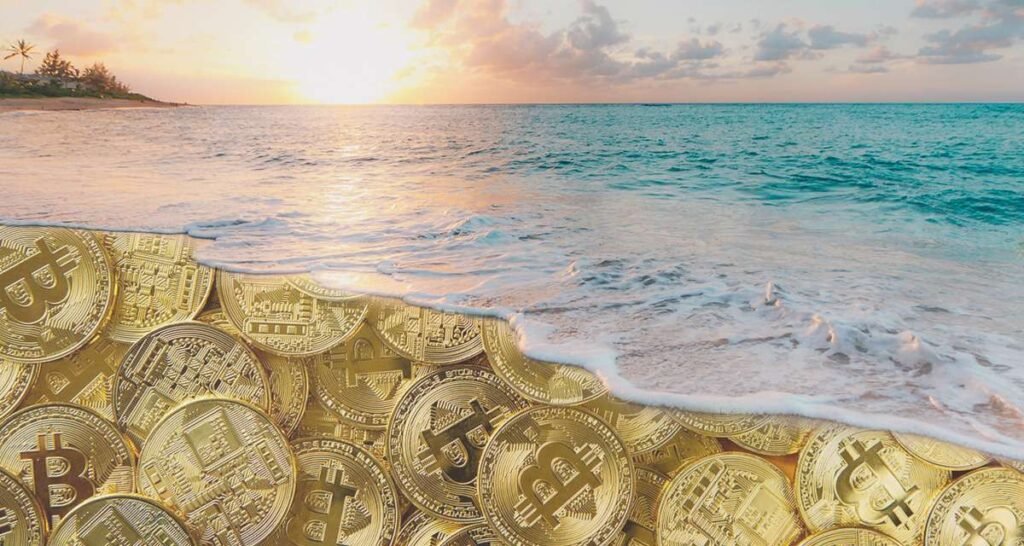
As a result, people who had never heard of El Zonte are now booking flights to visit. Bitcoin may have been the hook, but the town’s natural beauty and community spirit are what make them stay.
Planning Your Visit to El Zonte
How to Get There:
From San Salvador International Airport, El Zonte is just a 75-minute drive. Taxis, buses, and ride-sharing services are available. Some hotels and surf schools offer shuttle services — it’s best to book in advance.
Where to Stay:
Options range from backpacker hostels to boutique beachfront resorts. Beach on the Rocks, a mid-range favorite, offers rooms starting at $65 per night.
Things to Do:
- Learn to surf with local schools like Puro Surf or Escuela de Surf Los 3 Hermanos
- Take a night trip to nearby El Tunco
- Explore nearby attractions like Ruta de Las Flores or El Boquerón volcano
- Enjoy local cuisine — don’t miss the freshly made pupusas!
Bitcoin Tips for Travelers:
Download the Blink Bitcoin Wallet (or any preferred wallet app). Buy Bitcoin on an exchange and transfer it to your wallet. Most businesses accept it, but always confirm before paying.
A Final Sunset Transaction
On my final evening, as the sky turned pink and the tide whispered in, I ordered one last beer. The bartender smiled as I held up my phone. Another QR code, another transaction, another step in a digital revolution unfolding on the beach.
In that moment, I realized I wasn’t just a tourist. I was part of something bigger — witnessing the future of money being tested in the gentle surf of a resilient, visionary town. The Bitcoin testbed in El Salvador isn’t just a curiosity. It’s a movement. And it’s only just beginning.
